The Sunshine Vitamin
Vitamin D is a small nutrient that plays a BIG role in our health. You are likely most aware of its role in bone health by helping your body absorb calcium from the foods you eat, but it also strengthens your immune system, can boost your mood to prevent depression, and reduce your risk of chronic illnesses such as diabetes, cancer and heart disease by decreasing inflammation. That is a lot!
We call vitamin D the sunshine vitamin because our bodies can actually make vitamin D when exposed to sunlight. How cool, right!? Unfortunately, living in Canada means we are not close enough to the sun for most of the year for our skin to kick start this process. In those cold and dark months it is especially important that we think a bit more about diet.
Foods you can include to boost your vitamin D are:
Cow’s milk (in Canada it must legally be fortified)
Margarine (this also must be fortified in Canada)
Fortified plant based beverages, such as soy, almond, cashew, etc. (always check the nutrition facts table on the box to ensure vitamin D has been added, as it is not a requirement for milk alternatives with the exception of soy)
Fatty fish, such as salmon, trout and tuna
Cod liver oil
Egg yolks (yes, egg yolks are good for you!)
Now that you know how great vitamin D is for you and the foods that provide it, you are probably wondering how much you need in order to reap all these fantastic benefits.
Based on the DRI (daily recommended intake), a typical person between the ages of 9-70 years, needs 600 IU/d and 800 IU/d for someone over the age of 70 years a day. Both age groups have an UL (tolerable upper intake level) of 4000 IU/d.
One big reason it is recommended to us Canadians to supplement with a daily dose of vitamin D is because the foods available to supplement are somewhat narrow. A vitamin D tablet or drop supplement can help out when we just don’t have access to as much of the good stuff.
As dietitians, we always advocate for food first, but there are some cases where food just can’t cut it and we need a little extra help. Because of this, we recommend trying to include dietary sources of vitamin D as often as possible while supplementing, usually year round, but especially in the winter months. Since vitamin D drops and pills often come in 1000 IU doses, we generally recommend 1000-4000 IU/d. Of course there are certain cases where your dose may need to be individualized, so if you have questions or concerns it never hurts to ask your family doctor to get your levels tested.
Do you think you are getting enough vitamin D? Subscribe to our newsletter where we include fun new recipes to help you tackle your seasonal dietary needs.

